Quick Summary
We live in the digital world where technology boons everyday. Talking about the giant in eCommerce world, Magento is a robust open source eCommerce platform. Filled with several targeted features powering your eCommerce store, but forbids CMS feature. Think about allowing customer to read your store blog. Well this missing feature can be caught up by Magento Theme Developer on integrating Magento with WordPress.
We have to understand Magento rules the eCommerce world but do not support CMS, so to make it fully functional you have to carefully craft it with WordPress. We all know WordPress is all about blogging, SEO and Content Management System. Both platforms equally posses high strength. To work on seamlessly is possible only after connecting them through a bridge. The connection between the duo is fulfilled by installing the plugins that does the footwork for you.
WordPress Plugins Act in Magento
- Share Magento theme with WordPress theme.
- Improve SEO performance of your store products.
- Share your Magento features and components like blocks and others with WordPress Theme.
- Increase UEX and do seamless order completion by single login facility.
Magento WordPress Integration (MWI) Extensions
MWI by James Kemp
An easier way to seamlessly perform integration is by MWI plugin designed by James Kemp. He is the main developer of MWI and has been developing this plugin for several years (available for free!).
 Features:
Features:
- It ideally integrate Magento components like static blocks created in admin panel, default Magento blocks and blocks created by you.
- Use the shortcode add-on to display your Magento products in a WordPress post or page.
- Use the add-on widget to display any category of products in WordPress post or page.
Its popular among the users seeking download more than 10,000 times. Kemp has also made the code public to allow maximum user contribute in it. To use this plugin you should have same server without have different domain names. The pain of every developer to do deep Magento Theme coding going 10 directories deep is not needed as now the Magento products and its categories can be easily integrate in WordPress.
While the plugin is available for free, you might need one or two other add-ons to seamlessly integrate the two giants.
1.Category Listing Add-on: Creates shortcode button to add pagination facility to your Magento products in WordPress. The columns, button colors, products-per-page and other components can be easily modified by using the easy-to-use shortcode generator.
2. Shortcodes Add-on: Use to insert static blocks, layout blocks and products. Advertise your products to allow customers to directly add their products to cart. Even user can create their codes using the Shortcodes generator.
If you want to synchronize your websites, then use the following:
3. Single Sign-On: With this add-on, user can login in their WordPress account from the Magento Admin Account area. Meaning that, there is no need to login to both Magento and WordPress to buy products while surfing the websites.
MWI by Fishpig
This Magento WordPress Integration extension is available for Magento Enterprise, Magento Professional and Magento Community Edition. Available for free, installation of this extension is done from Magento Connect without changing any core files in Magento and WordPress.
Features:
- Single click login to both Magento and WordPress.
- Create menus in WordPress and add them in Magento.
- Associate your WordPress post with Magento.
- Supports multiple languages and translations.
- Easily integrated with other WordPress plugins liked Custom Form, NextGEN gallery and reCaptcha.
To extend your website functionality and usability, you may have a look at other extensions provided by Fishpig to offer further customization and integration solutions.
Current Version: 4.1.2.9
Compatibility: Magento Community 1.3.4.0 – 1.9.2.2 and Magento Enterprise
Price: Free
MWI by iWD Agency
Another extension is offered by iWD Agency that offers merchant two choices to manage their blog by selecting either Magento or WordPress. Integration is performed quickly and easily without disturbing the core files.
- Easily manage Magento elements (header, footer, navigation) and WordPress elements (blogs, comments, categories) together.
- Export WordPress contents to Magento.
- Control how and which user can post comments.
- Fully responsive themes.
- Manage and control your website design and functions.
Version: 1.3.0.0
Compatibility: Magento Community 1.5 – 1.9.2 and Magento Enterprise: 1.12 – 1.14.2
Price: Starting at $150.00
MWI by Mage WordPress Integrated Search
This extension will add visibility to your website. By using this extension, Magento and WordPress content will be listed in the search result. Even, customer gets option to display only WordPress blog in the search result, excluding the Magento result. A great way to reduce the bounce rate and serve with the expected result to the customer.

Features:
Display WordPress blog content in the Magento search result.
Include both Magento CMS pages and WordPress pages in the search result.
Works for both shared and non shared database.
User may choose any blog results; either Magento or WordPress.
Version: 1.0.0
Compatibility: Magento Community 1.7
Price: Starting at $99.00
Your Call!!!
Believe it or not but people working in Magento use WordPress to showcase their blog. Now, if you think to have this integration, then first define your desired purpose. Meaning, firstly you want to interact with your customers or secondly want good SEO ranking. Whatever be the reason, WordPress is simply the best choice not only by including the basic elements, but featuring trackbacks and pingbacks.
So, now if you worry how the entire procedure takes place, well the ball is still is your court. Whatever way you show your blog in any eCommerce platform does not let user know about the backend stuff. They want to only read the blog and thats what your Magento Theme Developer will put up your Magento store theme on the WordPress Blog. Even your developer can easily leave the graphics and CSS files in Magento eliminating place for duplication work.
Secondly, you have got two separate logins for each Magento store and WordPress blog which is obviously beneficial because you can use both the two individually as required. So, save your time and speed up the process. Progress with the work by adding the WordPress link to your Magento admin panel so you do not need to manage separate links for both.
Everyone requires support anytime. Our Magento Website Developer are confident with Magento and WordPress. Call us and let us resolved your issues efficiently.
Content in this blog is for information purpose only. The author and company will not take responsibility for any damage caused from the information available in this website.

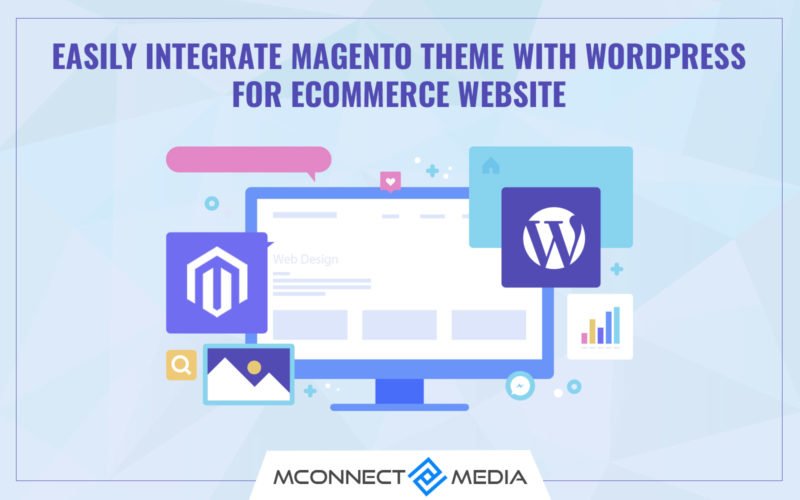



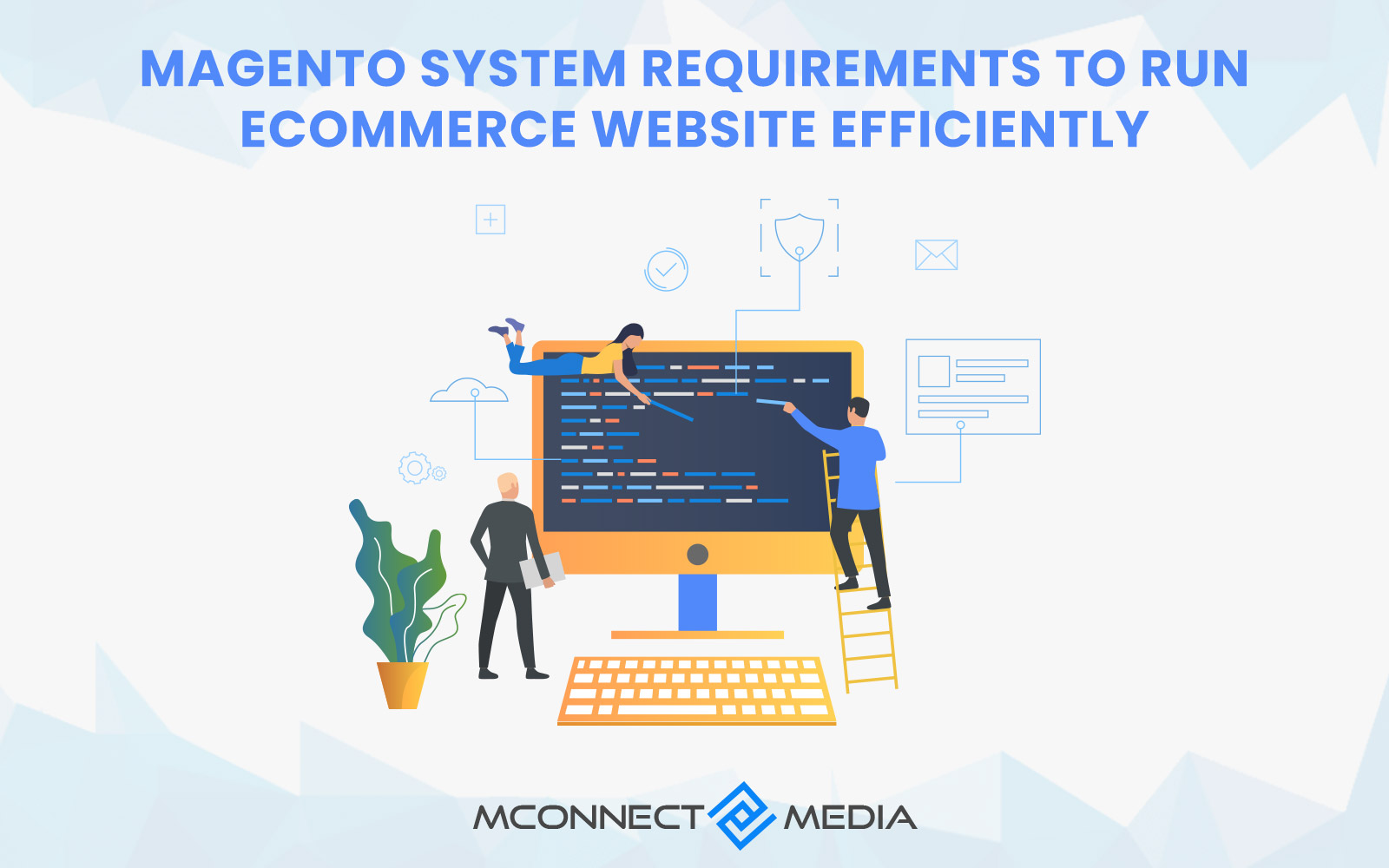
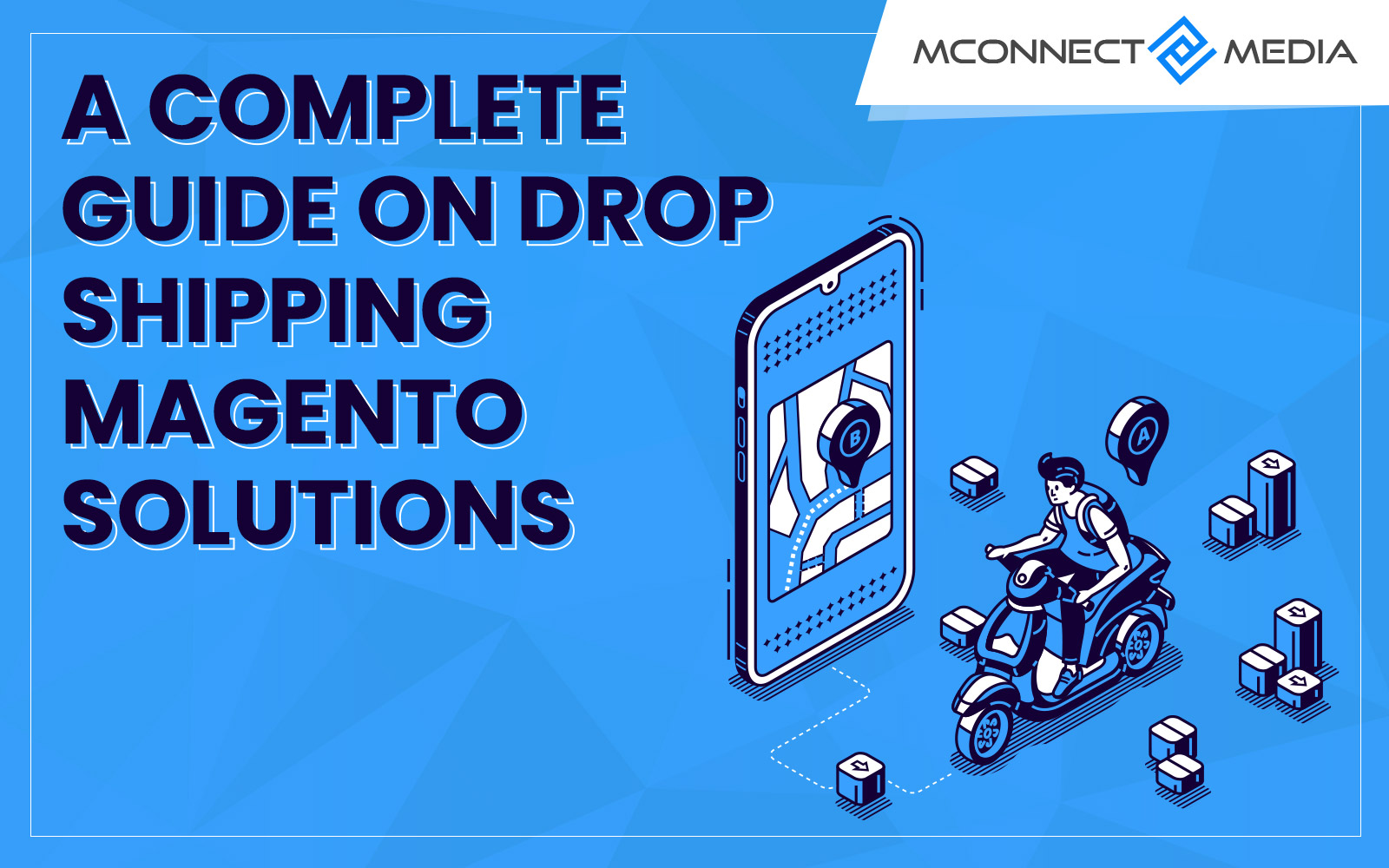

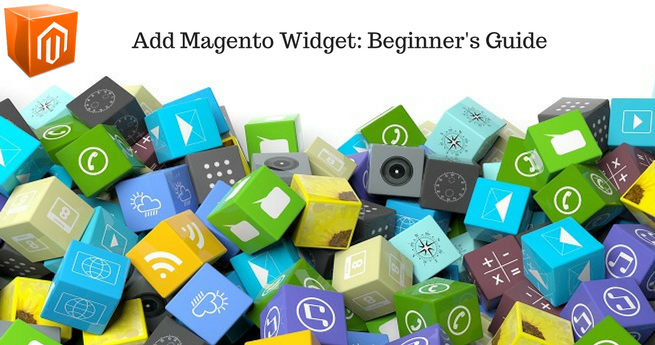



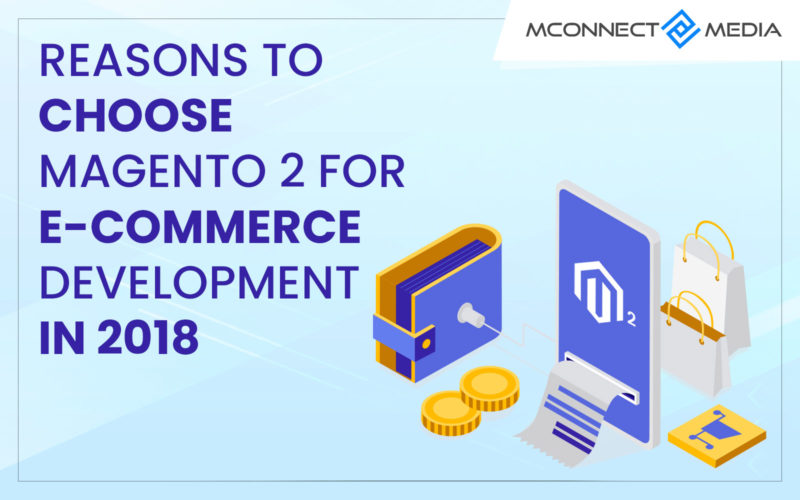

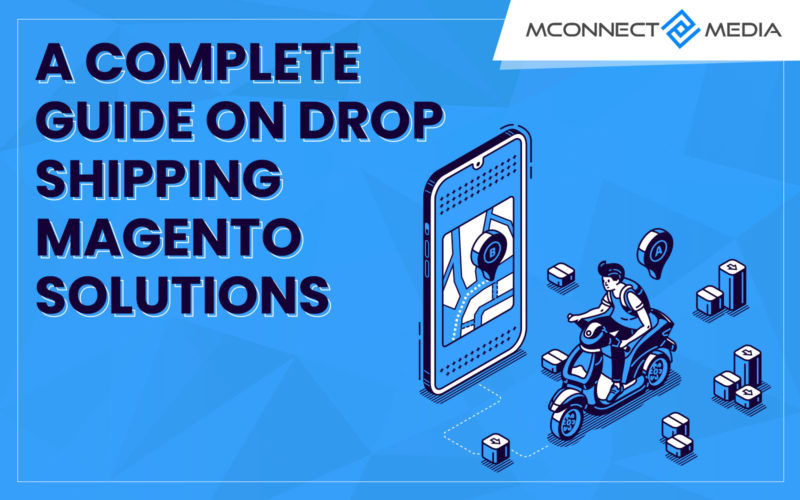

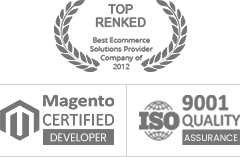
Excellent is the only word i can give u for this wonderful blog, keep it up. I will come back again to read some more interesting things on this topic.